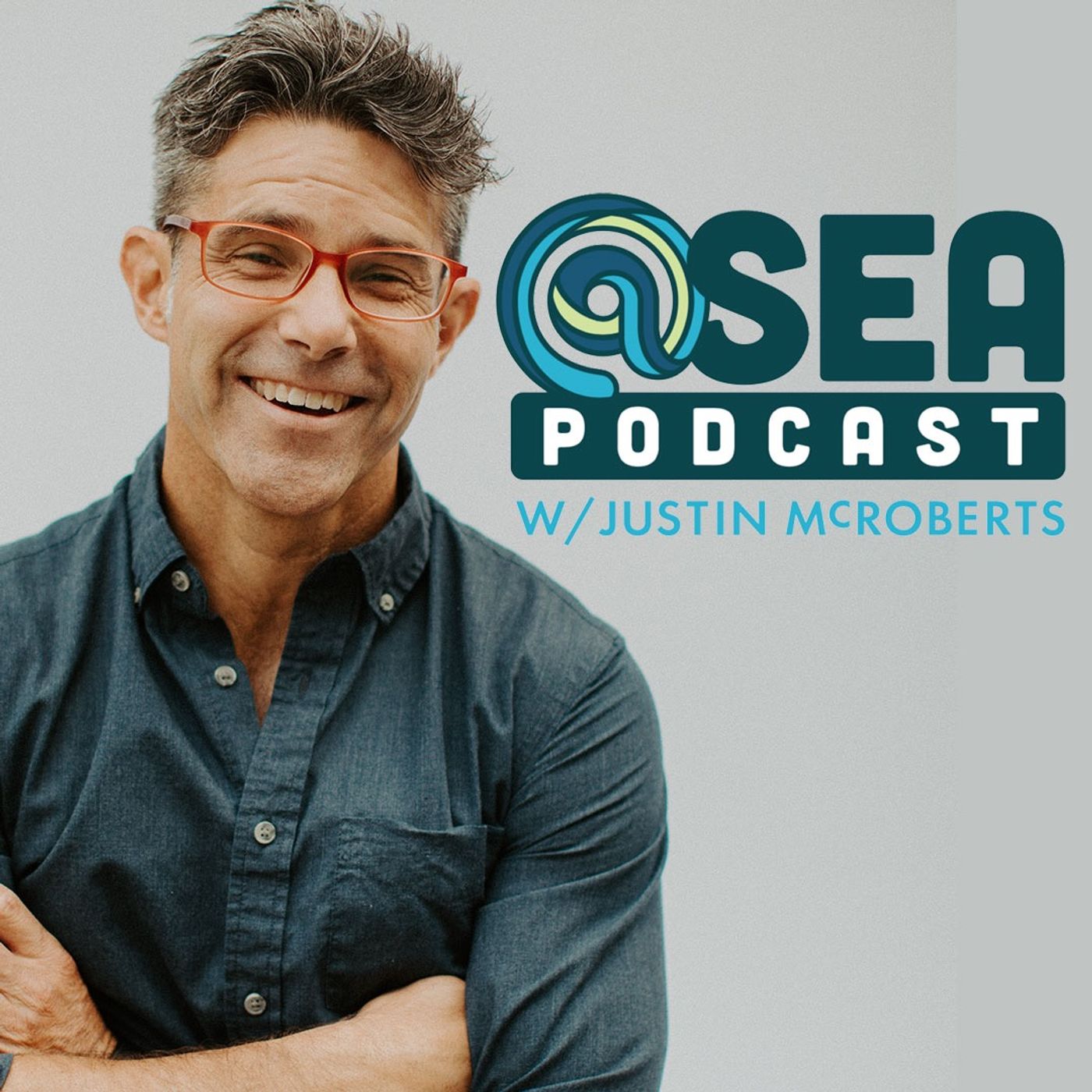- After-Shows
- Alternative
- Animals
- Animation
- Arts
- Astronomy
- Automotive
- Aviation
- Baseball
- Basketball
- Beauty
- Books
- Buddhism
- Business
- Careers
- Chemistry
- Christianity
- Climate
- Comedy
- Commentary
- Courses
- Crafts
- Cricket
- Cryptocurrency
- Culture
- Daily
- Design
- Documentary
- Drama
- Earth
- Education
- Entertainment
- Entrepreneurship
- Family
- Fantasy
- Fashion
- Fiction
- Film
- Fitness
- Food
- Football
- Games
- Garden
- Golf
- Government
- Health
- Hinduism
- History
- Hobbies
- Hockey
- Home
- How-To
- Improv
- Interviews
- Investing
- Islam
- Journals
- Judaism
- Kids
- Language
- Learning
- Leisure
- Life
- Management
- Manga
- Marketing
- Mathematics
- Medicine
- Mental
- Music
- Natural
- Nature
- News
- Non-Profit
- Nutrition
- Parenting
- Performing
- Personal
- Pets
- Philosophy
- Physics
- Places
- Politics
- Relationships
- Religion
- Reviews
- Role-Playing
- Rugby
- Running
- Science
- Self-Improvement
- Sexuality
- Soccer
- Social
- Society
- Spirituality
- Sports
- Stand-Up
- Stories
- Swimming
- TV
- Tabletop
- Technology
- Tennis
- Travel
- True Crime
- Episode-Games
- Visual
- Volleyball
- Weather
- Wilderness
- Wrestling
- Other
False Self, Religious Disarray, and Joy
The more conversations I have about the book sacred strides and dig into the themes in the stories, the more I find myself going back to some of my own source material, which is not to say the stories I wrote about my own life, but the words and the reflections and the teachings of the people who informed that life again, it's not experience that we learn from it is a reflection upon experience. And some of the people I've read over the course of the last 15-20 years had been very, very helpful in clarifying and helping me to learn from my experience, maybe none more, quite as profoundly as Parker Palmer, when it comes to vocation, you may or may not have read the book, let your life speak is really a book about vocation. It's about how we do what we do and who we are in it. In that book, he writes about self-care. And it's linked to service, which is a conversation I end up having, specifically with pastors, but with pastors and artists in my coaching context, but also, again, in the conversations I'm having on the other side of releasing the book sacred strides in a chapter called selfhood, society, and service, he writes this self-care is never a selfish act. It is simply good stewardship of the only gift I have, the gift I was put on earth to offer. Anytime we can listen to the true self and give it the care it requires. We do so not only for ourselves but for the many others whose lives we will touch. There are at least two ways to understand the link between selfhood and service. One is offered by the poet Rumi in this piercing observation. If you are here faithfully with us, you're causing terrible damage. And then what Palmer does is he writes his own rendition of that same line, and I like this better. He says if we are unfaithful to our true selves, we will extract a price from others. Friends, I don't make massive sweeping cultural analyses all that often. But I'm somewhat comfortable saying that some of what we're seeing in the disarray of religious life, organized, institutionalized religious life, is not because organized religion is bad. It's not because institutionalizing things that matter; that's not negative in and of itself. Some of what we're seeing in the disarray of organized, institutionalized religious practice in America has to do with the number of false self-actors who are organizing and leading religious spaces, spaces that promise a pathway to the true self. So folks like you and I are showing up in institutionalized, organized religious spaces, hoping, dreaming, and wanting a pathway to wholeness and to belovedness. And those spaces, far too many of them, are being led by persons who are not living out of or even truly pursuing their own wholeness. They have given themselves over to this utilitarian mindset that basically convinces folks like myself when I was living in the pastorate that I can't bring my whole self to the table because it's not what these people want. These people do not want a person who is still in process; they want me to have answers. They want me to have strength all the time. They don't want me to have limits; they want me to be available all the time. That the requirements of the job, the demands of the job, the expectations that people come to that job with and for actually invite me into something more like a divided life. I cannot give you my whole self. I don't really want to, and I don't think you want me to either, but I will give you the best of my false self. Meanwhile, that's going to cost everybody in the long run. And that's part of what we're noticing now is we're going to witness and are witnessing the dissolving of the disintegration of persons and religious leadership. These are not on the whole persons that showed up with corrupted mindsets with ulterior motives. These are oftentimes women and men who showed up to serve in ministry positions. As pastors and caretakers of a place of love. They wanted to do the work itself, and then the demands of the cul

